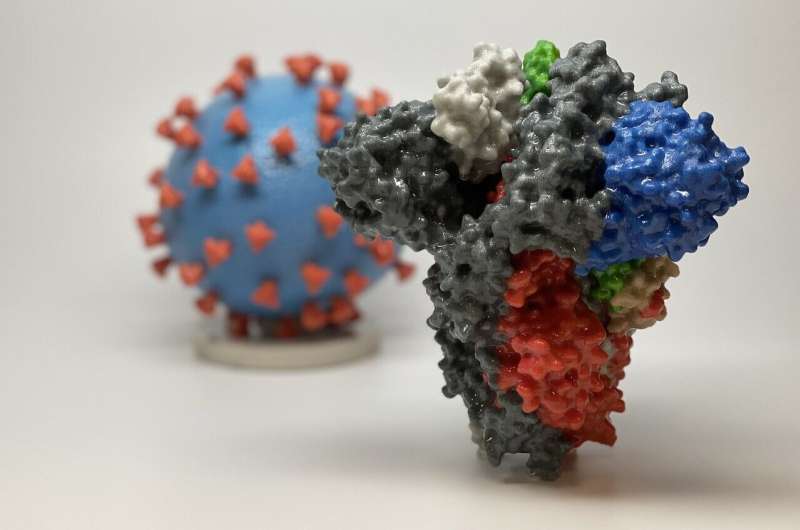
Facing a new surge in COVID-19 cases, the Swiss government is preparing to step up mask requirements and increase restrictions on people who haven’t been vaccinated or recovered from the illness, and might even shut restaurants, bars and fitness clubs. The count of daily deaths linked to the pandemic hit its highest level since January on Friday.
Health Minister Alain Berset laid out two alternative proposals in the wake of a sharp upswing in cases in recent months, in a country where about two-thirds of the population is fully vaccinated—fewer than in some of its Western European neighbors.
One would in essence withdraw the “negative test” criterion that allows people who have not recovered or been vaccinated from attending some events, and would require mask-wearing and seated-only consumption of food and drinks indoors. Another, tougher alternative would shut all public indoor areas where masks can’t be worn all the time –- notably dining areas, discos, fitness clubs and bars.
The situation is “not uplifting,” Berset said, adding: “We’re getting back to a place where we don’t want to be.”
The two proposals will be considered and the government will decide in coordination with local leaders and others which path to take in coming days. The government had already tightened COVID restrictions just a week earlier.
The public health office reported Friday more than 10,100 new cases over the previous 24 hours in the country of 8.5 million, with a daily average over the latest seven days of more than 9,200 – up from less than 1,000 in early October. A total of 51 deaths linked to the pandemic were reported from Thursday to Friday, the largest daily tally since a spike in January.
That’s still far less than the previous record-high toll in late 2020 and early 2021, when 80 to 90 or more people were dying each day.
Berset said the situation in hospitals was worsening, with personnel increasingly tired and intensive care units facing greater pressure.
Switzerland’s Vaud canton, or region, announced Friday that anyone over aged 16 would be eligible for a booster dose of approved vaccines at least six months after the first jabs. That comes as the 10-19-year-old age bracket has been by far the one most hit by new infections in Switzerland in recent weeks.
Source: Read Full Article
